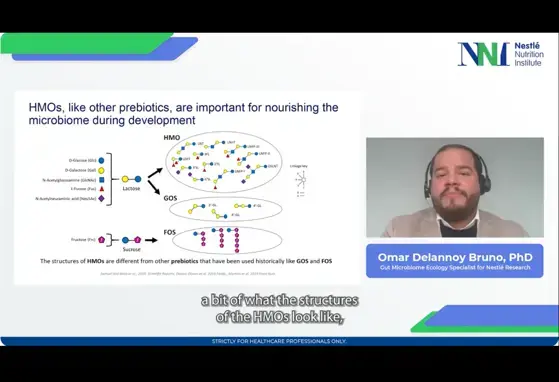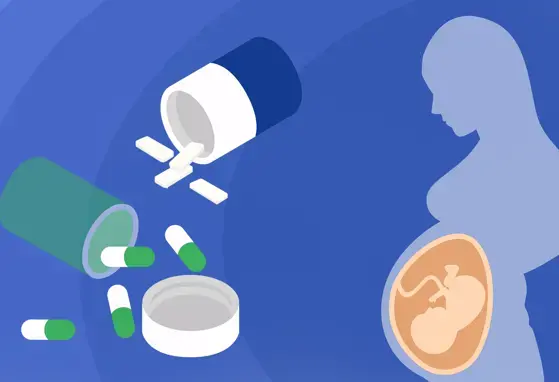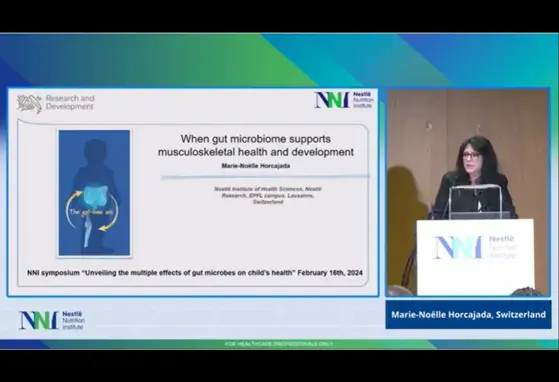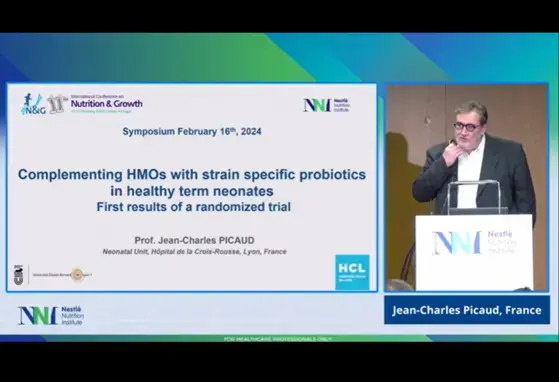Disorder of Gut-Brain Interaction: Insights, Causes and Management
The gastrointestinal tract holds a central function in digestion, absorbing nutrients, and eliminating waste materials. Being the largest immune organ, it houses trillions of microorganisms which constitute the gut microbiota. Gut immaturity, especially in the first months of life, make infants prone to Disorders of Gut-Brain Interaction (DGBIs) such as regurgitation, colic, and constipation. Recent studies show that about 31.4% of infants aged 0 to 1 year visiting pediatric clinics were found to have these conditions. Given how vulnerable the gut-brain axis is perinatal period and early postnatal period, aside from genetic predisposition, sensitizing psychosocial and medical events may lead to DGBIs. The main management strategies for DGBI are parental reassurance, anticipatory guidance and education on the natural evolution of the condition, along with dietary factors and the intestinal microbiota modulation.
If you liked this post you may also like



